Govt to address concerns over LPG pricing soon
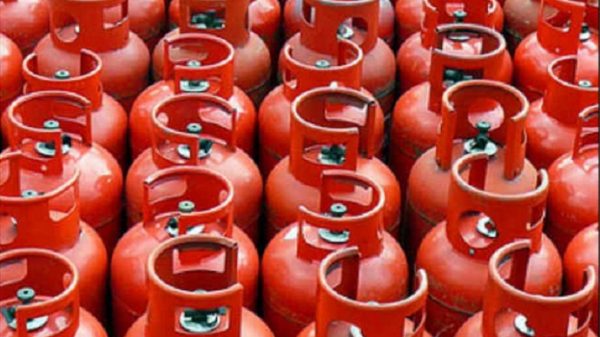
Shawdesh desk:
The government will address the concerns raised by the Liquefied Petroleum Gas (LPG) operators on tariff adjustments at the next hearing of the energy regulator.
“The concerns of LPG operators on retail tariff rates are likely to be settled in the upcoming public hearing of Bangladesh Energy Regulatory Commission (BERC) in the first week of July,” Energy and Mineral Resources Division senior secretary Anisur Rahman said while addressing a webinar on ‘Future of Industrial Fuel Source in Bangladesh: LPG & LNG’ on Saturday.
The senior secretary came up with the remark after the local LPG industry stakeholders have urged the government to adjust the retail tariff based on the cost components rather than using an arbitrator.
“They (LPG operators) have appealed to the ministry for considering six components before settling the retail LPG prices. We want to support the Tk 300 billion Industry.”
At the webinar, LPG operators have requested the secretary to lower the annual license fees and address the complexities in getting LPG licences with no objection certificate from 28 offices.
They (businessmen) claimed that they are paying Tk 10 million for licensing fees annually.
Responding to the businessmen, the secretary said, “We have planned to solve the issue by introducing a one-stop service.”
The government has continued the exploration of natural gas despite pandemic to keep the supply of energy resource adequate to support the industries, he added.
Recently, we have found gas in Zakiganj, he said. “It has four layers. And it will be cost-effective for the authorities as the resources can be connected to the national grid through a 32 km line,” Secretary Anisur Rahman said.
He also informed the meeting that around 100 million cubic feet of gas has been added to the national grid during the pandemic.
The market demand for LPG is 1.2 million tonnes and already Tk 300 billion has been invested in this sector by the 28 private LPG operators, according to official data.
Regarding the price issue of LPG, the senior secretary further said the cost of operations varies the price as the industry is mostly dependent on imported products.
“During natural calamities, many LPG-loaded ships can’t anchor at the Chittagong port. We are planning to establish a LPG terminal in Matarbari with a capacity of 1.2 million tonnes. Once the project is completed, the cost will come down gradually,” Anisur added.
Regarding the licensing fee of LPG operators, he said energy regulator BERC is an independent body and it has to manage its operational costs from the service charges.
Bangladesh Energy Regulatory Commission (BERC) member Md Maqbul-E-Elahi Chowdhury said the government has been working to promote the LPG as a ‘safer and environment friendly’ fuel which is used by around 1.2 million users.
“For the first time, BERC fixed coordinated LPG price in the country in direction of the court. And the next hearing is expected to hold on July 7 or 8 to review the price. If the price of LPG comes down and becomes affordable for the lower-middle-income people, the demand will reach 3 million tonnes by 2025,” he added.
“At present, we have 3300 million cubic feet gas out of which 74 percent comes from local gas and 26 percent comes from LNG. By 2025, the ratio will stand at 45 percent and 55 percent. And by 2030, the ratio of local gas and LNG will reach 16.5 percent and 83.5 percent. The gas resources will mostly depend on LNG import in the next 10 years. Then the price of LPG will increase rapidly. So we should think about renewable resources immediately to tackle the future challenges,” he said.
Maqbul further mentioned that the implementation of metered gas supply for all will help the authorities reduce system loss and it will help provide 1 million more metered gas connections.
DCCI President Rizwan Rahman said the authorities should focus on the import and production of alternative fuel like LPG and LNG alongside natural gas exploration to accelerate the industrial growth in a planned and more environment-friendly way.
In his keynote, former Director of state-run Gas Transmission Company Ltd. (GTCL) Engineer Kohondkar Saleque Sufi suggested rational planning for utilization of gas for sustainable supply of primary fuel in the industries as LNG and LPG will be the future fuel for industries in Bangladesh.
BGMEA President Faruque Hassan said the apparel sector consumes around 7 to 8 percent of the country’s total gas supply.
“For RMG industry, LPG or LNG could be a short term solution but the strategic priority is something else. We have144 LEED green factories and more than 500 are in the pipeline. 39 out of 100 global top rated LEED certified factories are in Bangladesh. All these green factories are having a significant portion of their energy mix from the renewable sources mainly Solar PV,” he added.
Daffodil International University Prof M Shamsul Alam, International University( United International University (UIU) Centre for Energy Research Director Md Shahriar Ahmed Chowdhury, BSRM Managing Director Aameir Ali Hussain, DCCI senior vice president NKA Mobin, former director Nuher L Khan, director Arman Haque and convener Malik Talha Ismail Bari also spoke on the occasion.


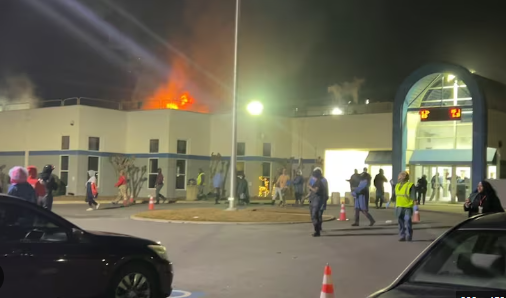
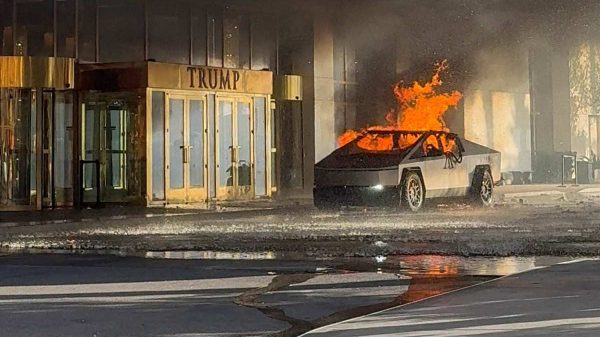
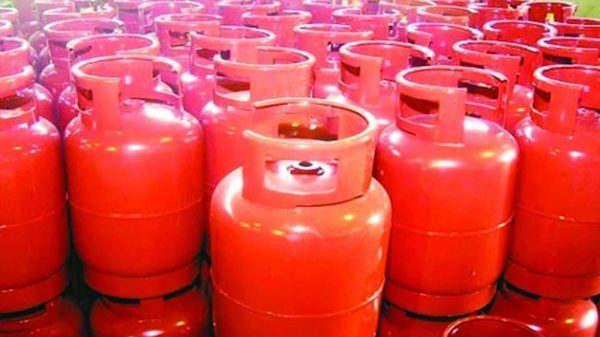
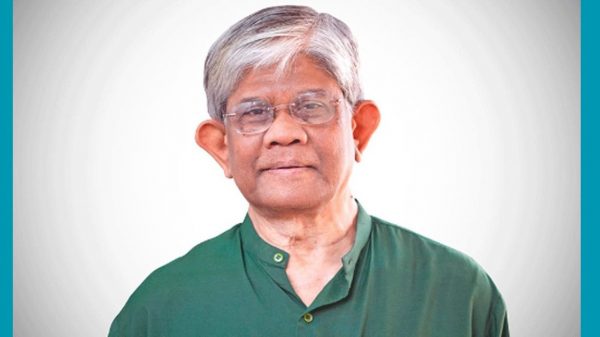
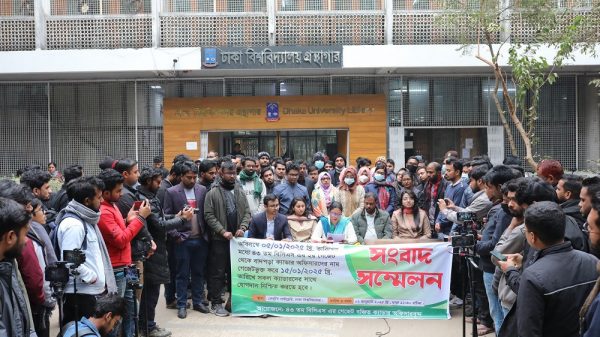
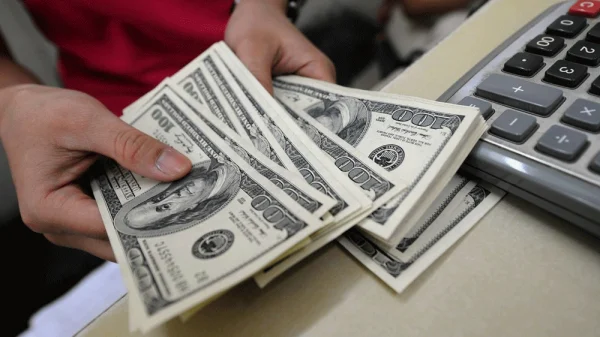
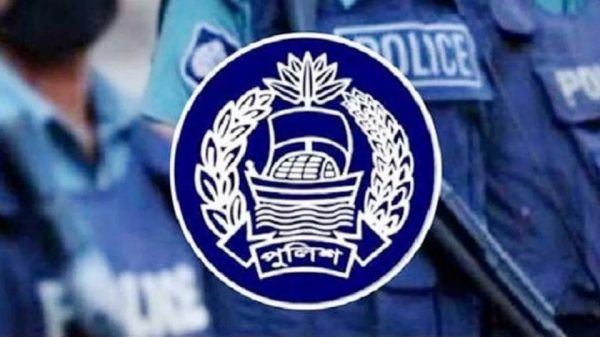
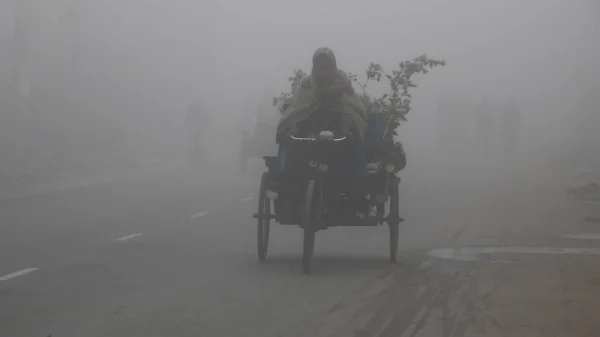
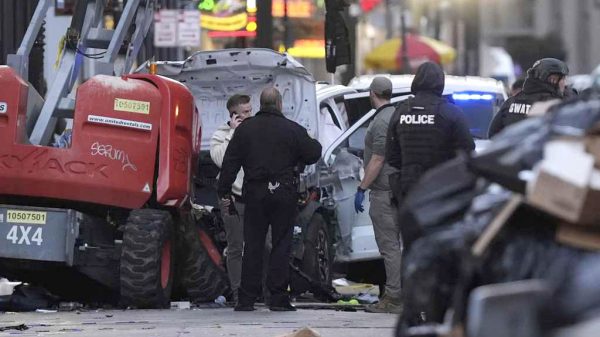












Leave a Reply